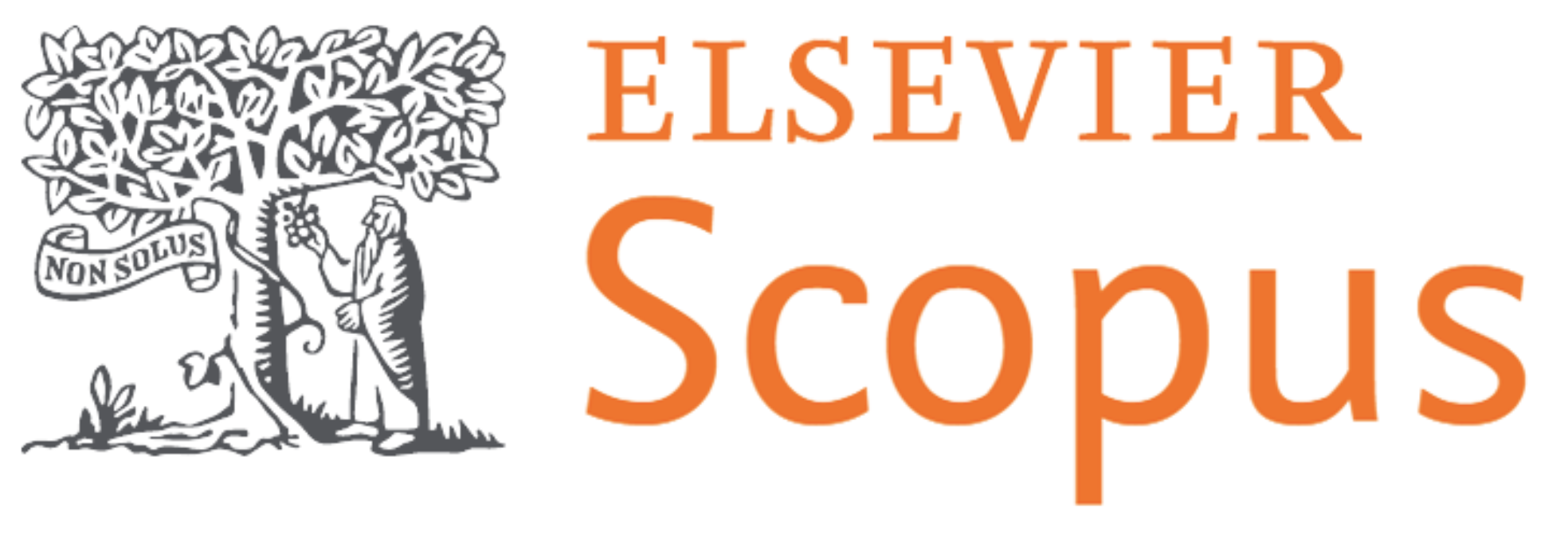LOW CARBON AGRICULTURE PLAN: THEORETICAL CONTRIBUTIONS FOR THE NEW LIVESTOCK PARADIGM AND AN ASSESSMENT PROPOSAL
DOI:
https://doi.org/10.17765/2176-9168.2016v9n3p719-740Keywords:
Logic model, Public Policies, Environmental SustainabilityAbstract
Environmental sustainability is currently a central theme worldwide and a key element in discussions. There is an increasing role on the centrality of environmental issues, specifically, global warming. The 2009 Brazil´s commitment for development with sustainability, using its natural resources without destroying the environment, was consolidated through the National Policy on Climate Changes, and resulting in the Sectorial Plan for the Mitigation and Adaptation to Climate Changes for the Consolidation of an Economy with Low Carbon Emissions in Agriculture, or Low Carbon Agriculture (LCA) Plan. It consists of a credit line offering funding conditions to the producer who incorporates sustainable production technologies and low greenhouse gas emissions. As in all public policies, the LCA plan should be evaluated and controlled with regard to efficaciousness. Current paper discusses the viability in using the Logic Model as a tool for the assessment of the LCA plan. Solution must be found so that farmers increase their productivity within a sustainable manner attributing value to the production chains of agribusiness sectors and concomitantly decreasing GGEs.Downloads
Additional Files
Published
2016-09-20
How to Cite
Oliveira, T. P. A. de, Pantoja, M. J., & Brisola, M. V. (2016). LOW CARBON AGRICULTURE PLAN: THEORETICAL CONTRIBUTIONS FOR THE NEW LIVESTOCK PARADIGM AND AN ASSESSMENT PROPOSAL. Revista Em Agronegócio E Meio Ambiente, 9(3), 719–740. https://doi.org/10.17765/2176-9168.2016v9n3p719-740
Issue
Section
Environment
License
A Revista se reserva o direito de efetuar, nos originais, alterações de ordem normativa, ortográfica e gramatical, com o intuito de manter o padrão culto da língua, respeitando, porém, o estilo dos autores. As opiniões emitidas pelos autores são de sua exclusiva responsabilidade.Os direitos autorais pertencem exclusivamente aos autores. Os direitos de licenciamento utilizado pelo periódico é a licença Creative Commons Attribution
 Creative Commons Atribuição 4.0 Internacional. São permitidos o compartilhamento (cópia e distribuição do material em qualquer meio ou formato) e adaptação (remixar, transformar, e criar a partir do trabalho, mesmo para fins comerciais), desde que lhe atribuam o devido crédito pela criação original.
Creative Commons Atribuição 4.0 Internacional. São permitidos o compartilhamento (cópia e distribuição do material em qualquer meio ou formato) e adaptação (remixar, transformar, e criar a partir do trabalho, mesmo para fins comerciais), desde que lhe atribuam o devido crédito pela criação original.










